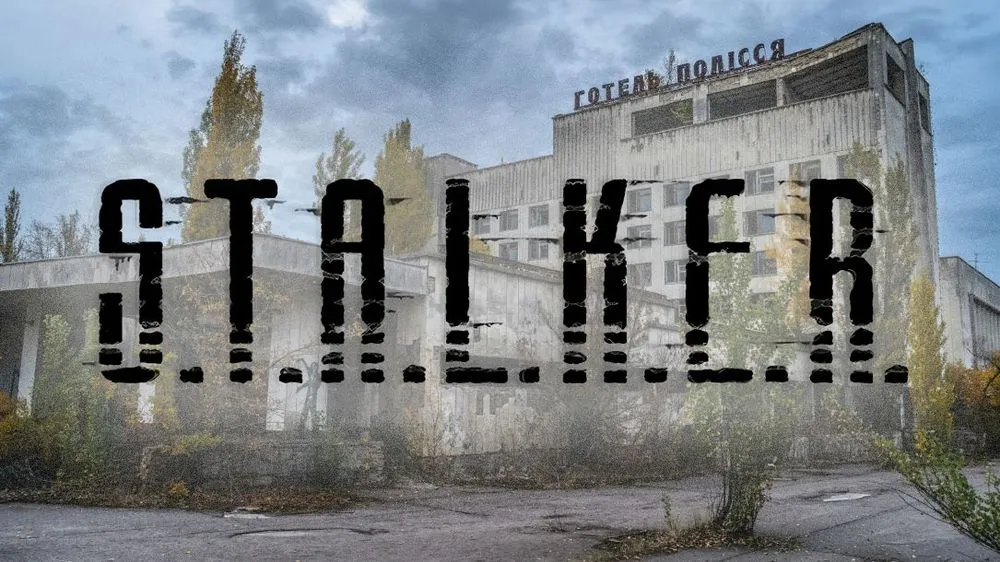Russia blacklists S.T.A.L.K.E.R. game developer, accusing it of aiding Ukraine’s war effort
Russian authorities have designated the Ukrainian developer behind the blockbuster S.T.A.L.K.E.R. video game series as an “undesirable organization,” effectively criminalizing its activities inside the country.
The move adds to Moscow’s growing efforts to restrict access to foreign digital content it deems politically sensitive.
The Prosecutor General’s Office accused the game’s developer, GSC Game World, of financing Ukraine’s armed forces — alleging it transferred about $17 million to the military in 2022 — and of distributing material that portrays Russia as an “aggressor state.” It also claimed that the company’s 2024 release, S.T.A.L.K.E.R. 2: Heart of Chornobyl, promotes “Ukrainian narratives” and contains “aggressive Russophobic content.”
S.T.A.L.K.E.R. is a first-person survival shooter set in an alternate reality around the Chernobyl Exclusion Zone. The franchise’s Heart of Chernobyl release surpassed 6 million players less than four months after hitting the market in November. A regional sales listing shows that Russia was the third-largest market for copies sold on Steam as of December 2024.
Under Russian law, organizations labeled “undesirable” are banned from operating, distributing materials or receiving funding in the country. Russians who cooperate with or financially support them face fines or up to five years in prison. GSC Game World has not publicly commented on the Russian designation.
The designation creates legal uncertainty for millions of Russian fans of the long-running franchise. Local digital rights experts say the measure is more likely intended to encourage self-censorship than lead to mass prosecutions, but the law’s broad wording means streaming gameplay, posting reviews or displaying the GSC logo online could potentially be interpreted as participation in the group’s activities.
GSC Game World stopped selling its products in Russia after Moscow launched its full-scale invasion of Ukraine, but the games remain accessible through workarounds. Russian users have continued to buy titles via foreign Steam accounts, third-party payment services or regional account changes.
Purchasing the game with a Russian bank card is impossible, but receipts from foreign purchases could still be visible to authorities if tied to a Russian email domain, digital-rights groups say.
Resellers or intermediaries who purchase games abroad on behalf of Russian clients could also face liability for distributing materials from an “undesirable” organization or raising funds for it. The human-rights group Kovcheg advised players to route digital receipts to non-Russian email services and avoid posting publicly about GSC titles.
The crackdown follows a series of restrictions targeting the gaming and messaging platforms widely used by Russian players. Last year, the game distributor Steam removed several pages deemed illegal by Moscow in what analysts saw as an attempt to avoid a broader ban. The service continues to operate in Russia and Belarus, though users face payment limits linked to Western sanctions.
Russia has also blocked access to the communications platform Discord, accusing it of refusing to comply with domestic data and content requests and claiming the service was being used for illegal activities.
Daryna Antoniuk
is a reporter for Recorded Future News based in Ukraine. She writes about cybersecurity startups, cyberattacks in Eastern Europe and the state of the cyberwar between Ukraine and Russia. She previously was a tech reporter for Forbes Ukraine. Her work has also been published at Sifted, The Kyiv Independent and The Kyiv Post.



